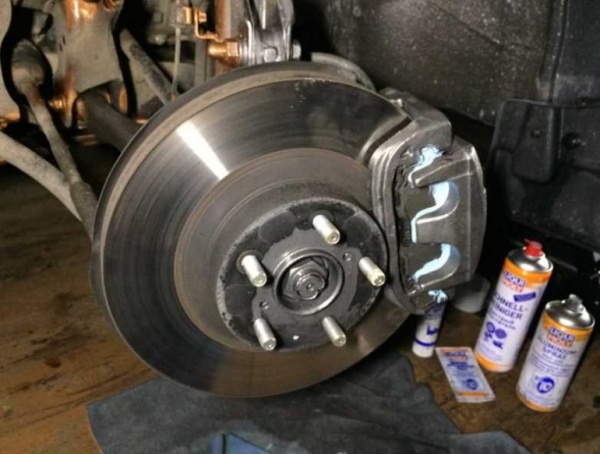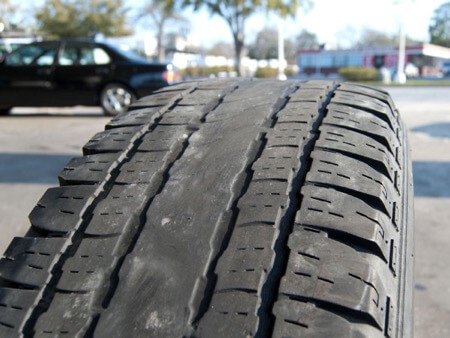
Why brake pads and discs can crystallize
Content
If your car's brake pads and discs are constantly crystallizing, you need to evaluate your driving style. You may have to learn not to slam on the brakes or stop the car abruptly.
Brake pads and discs are part of the system that makes cars slow down, and keeping them in good condition is vital to ensure that when you apply the brakes, the car will stop.
These elements have to be changed when they are already worn out and before they start damaging other parts of the car. However, this is not the only reason why they should be changed. Linings and discs can crystallize and then they will have to be replaced with new ones.
What crystallizes brake pads and discs?
Crystallization of brake pads and discs occurs when the braking temperature exceeds the friction material limits of the brake pads. Glazing leads to an increase in braking distance and can occur without the knowledge of the driver.
It is said that automotive brake pads, discs and drums crystallize when the surface becomes reflective and smooth to the touch, like glass. At this point, the effectiveness of the braking system will be reduced and some really annoying noises can be produced, which brings us to the next point.
How do you know if brake pads and discs have crystallized?
The first symptom to look out for is a screeching noise when braking. Another symptom is a whirring sound during more demanding braking. Over time, the buzzing can get louder and become really annoying.
Another sign of the crystallization of brake pads and discs is the loss of braking efficiency, or rather the feeling that when braking there is a skid that does not come from the tires, but from the braking system, a symptom that, despite the brakes touching, they cannot provide sufficient grip, to effectively stop the vehicle.
Either way, there are some things you can do to help prevent breakdowns that could compromise your car's braking performance:
– Visually inspect the lining for dents or scratches.
– Apply special lubricating oil to the brake pads and disc.
– Spray one disc with water and check along the way to determine which one is making the noise.
How can crystallized brake pads and discs be repaired?
When the brake pads crystallize, they should be replaced and the rotors cleaned or replaced. Glazing compromises and destroys the friction material. The calipers and hydraulic system should be checked for mechanical problems or failures.
:
